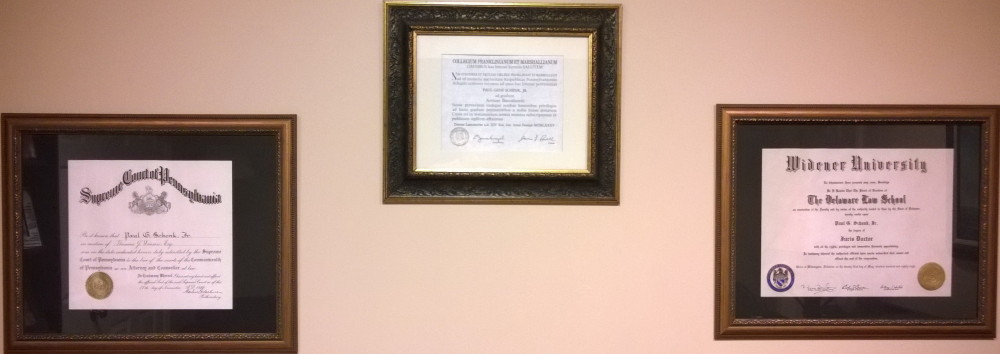THIS ARTICLE IS INTENDED TO SUPPORT THE READER’S AWARENESS AND UNDERSTANDING. IT IS NOT LEGAL ADVICE. IF THE READER SEEKS LEGAL ADVICE CONCERNING HIS OR HER PARTICULAR SITUATION, HE OR SHE SHOULD SEEK OUT AN ATTORNEY IN A LAWYER CLIENT RELATIONSHIP.
In Maryland, criminal “undue influence” includes the knowing and willful obtaining, by domination and influence amounting to force and coercion exercised by a child , to such an extent that a parent that the child knows or should know is at least 68 years old was prevented from exercising free judgment and choice , with intent to deprive the parent of the parent’s property. Such a child is subject to fines or imprisonment, or both, and shall restore the property taken or its value to the owner’s estate. If a defendant child fails to fully restore the property taken or its value, the defendant child is disqualified, to the extent of the child defendant’s failure to restore the property or its value, from inheriting, taking, enjoying, receiving, or otherwise benefiting from the estate, insurance proceeds, or property of the parent victim of the offense . However, criminal liability will not be imposed on a child who, at the request of the victim’s family, has made a good faith effort to assist the victim in the management of or transfer of the victim’s property.
See MD. Criminal Law Code § 8-801 (2023)
(a) (6) (i) “Undue influence” means domination and influence amounting to force and coercion exercised by another person to such an extent that a vulnerable adult or an individual at least 68 years old was prevented from exercising free judgment and choice.
(b) (2) A person may not knowingly and willfully obtain by deception, intimidation, or undue influence the property of an individual that the person knows or reasonably should know is at least 68 years old, with intent to deprive the individual of the individual’s property.
(c) (1) (iii) A person convicted of a violation of this section when the value of the property is $100,000 or more is guilty of a felony and:
- is subject to imprisonment not exceeding 20 years or a fine not exceeding $25,000 or both; and
- shall restore the property taken or its value to the owner, or, if the owner is deceased, restore the property or its value to the owner’s estate.
(e) (1) If a defendant fails to restore fully the property taken or its value as ordered under subsection (c) of this section, the defendant is disqualified, to the extent of the defendant’s failure to restore the property or its value, from inheriting, taking, enjoying, receiving, or otherwise benefiting from the estate, insurance proceeds, or property of the victim of the offense, whether by operation of law or pursuant to a legal document executed or entered into by the victim before the defendant shall have been convicted under this section.
(2) The defendant has the burden of proof with respect to establishing under paragraph (1) of this subsection that the defendant has fully restored the property taken or its value.
(f) This section may not be construed to impose criminal liability on a person who, at the request of the victim of the offense, the victim’s family, or the court appointed guardian of the victim, has made a good faith effort to assist the victim in the management of or transfer of the victim’s property.
